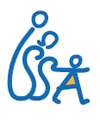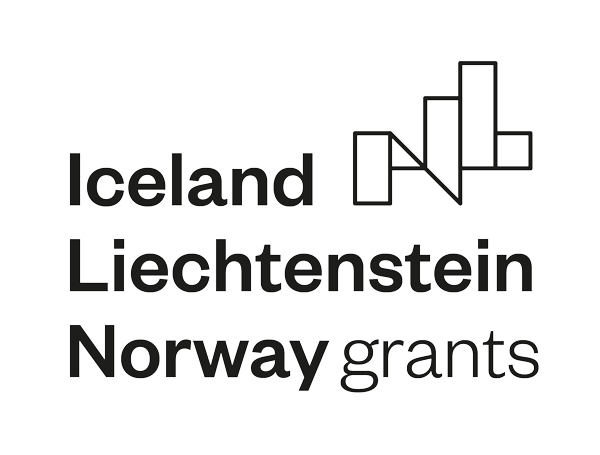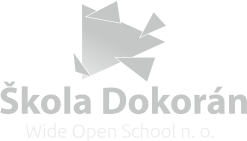Romani early years network
Network of educators working with Roma children at an early age
About the project
Numerous studies around the world document that children from poor families often grow up in households that do not stimulate learning or language development, and that they engage in fewer activities with adults than their peers from more wealthy families. The socio-economic status of the family has a significant impact on the cognitive, social, physical and emotional development of the child's personality. At the age of 3, differences in personality development between children from poor backgrounds and their peers from less poor backgrounds can be observed, and these developmental differences become more pronounced each year during childhood.
Therefore, in 2014 our organisation decided to establish a network of educators working with young Romani children and their parents - a platform for advocacy and professional development. We strive to work together and become better at what we do in order to provide high quality education, a multicultural approach to education in kindergartens and primary schools, community and health centres, and social services. Our network currently consists of over 500 members, friends and supporters, including teachers, social workers, health workers, community activists, parents, government officials and representatives of local authorities. REYN Slovakia was established on the basis of the international REYN network based in the city of Leiden in the Netherlands. A total of 11 national networks are currently active in Europe.
The main goal of the project was to strengthen the network of educators – REYN Slovakia to create an influential advocacy platform that will actively influence early childhood and parenting policies and bring about positive changes in the climate and the environment, in which the Romani children develop and learn at the local, regional and national levels.
Project activities:
- Advocacy activities – research on the current situation in non-formal education of young Romani children and their parents, participation in advisory bodies and commissions of state institutions, development of model inclusive plans for educational institutions, organisation of multiplication events (round tables, conferences);
- Professional development of network members – organisation of educational workshops and training in the field of inclusive education;
- Organisation study visits abroad;
- Regular communication with the network members to exchange experiences and present good practices through social networks.




